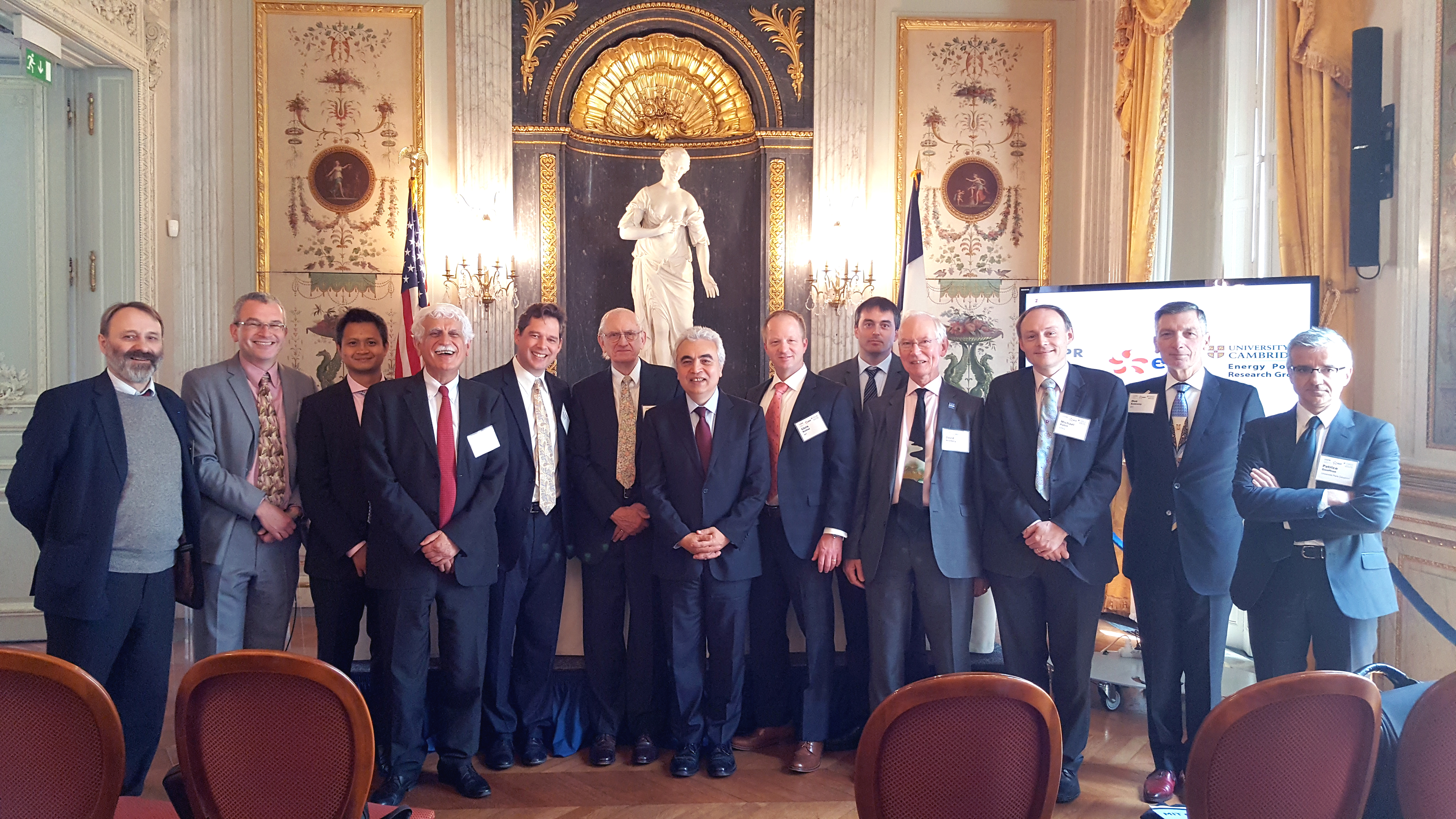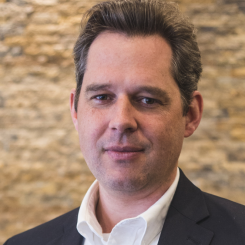Michael A. Mehling

On July 7th and 8th, 2016, CEEPR cooperated with EPRG and Electricité de France to convene the 2016 European Energy Policy Conference in Paris, France. Over 70 participants from research, industry, and the public sector converged at the historic George C. Marshall Center for a varied program covering key topics in the energy and environmental policy arena. A debate on the principles and objectives that should guide the search for good energy policy design as well as a timely discussion of fossil fuels and energy security kicked off the substantive portion of the conference.
Over lunch, Dr. Fatih Birol, Executive Director of the International Energy Agency, shared a preview of his agency’s latest research on large-scale energy trends. Evolving business models in the electricity sector and the role of nuclear energy in decarbonizing the energy sector featured in the afternoon sessions of the first conference day.
On the second conference day, participants had an opportunity to learn about recent developments in energy storage and its technological and economic potential, followed by a roundtable discussion on the challenges faced as nations move to implement the national climate contributions entered under the Paris Agreement adopted only months earlier in the same city. Presentations by distinguished policy architects and leading experts in their field, as well as a consistently high level of discussions, once again characterized this annual event, which – already in its 15th installment – thus marks a fruitful tradition of cooperation with industry partners and colleagues at the University of Cambridge.



